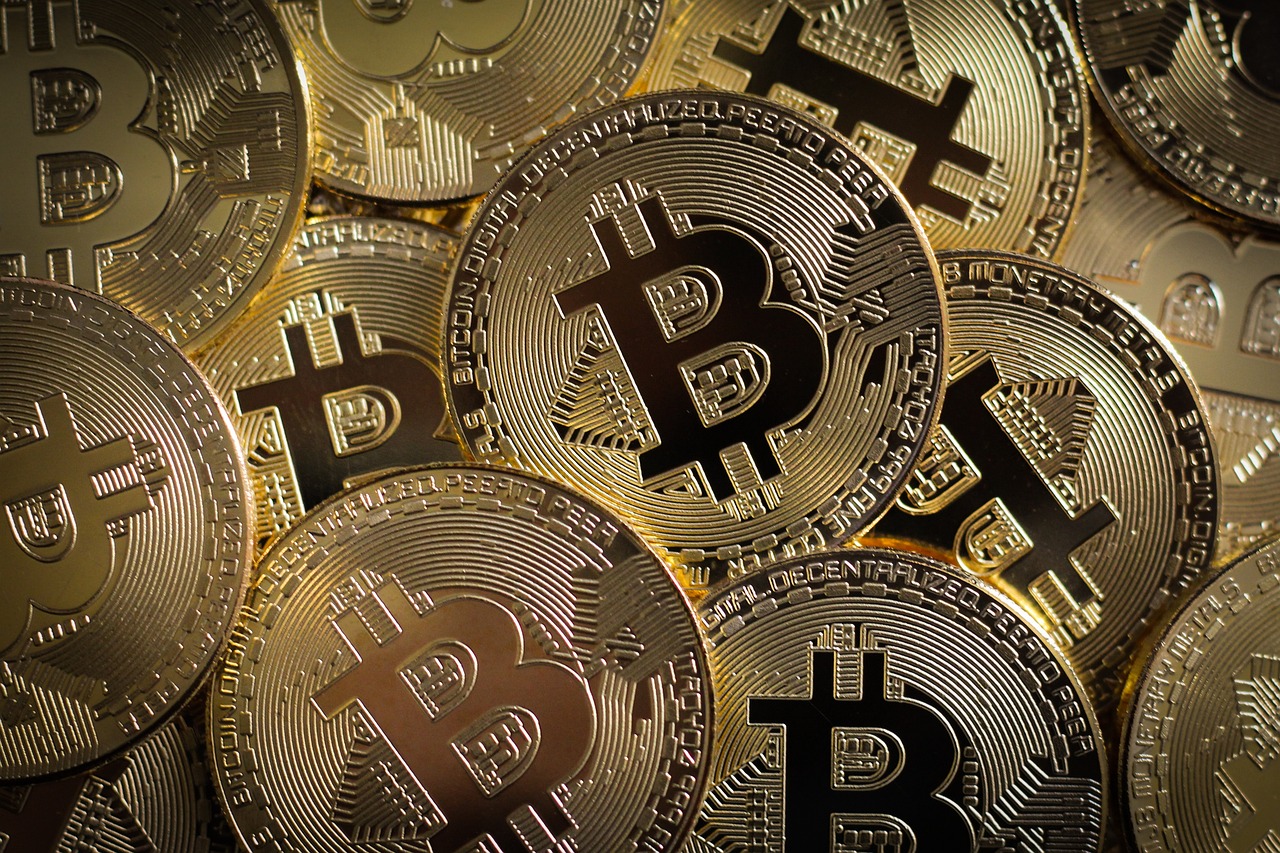Gold has been an integral part of human history for thousands of years, with its value being recognized and coveted across cultures around the globe. In recent times, however, in recent years, a new form of currency has emerged as an alternative to traditional fiat currencies and even gold – Bitcoin.
The Basics of Bitcoin vs Gold
Bitcoin is a decentralized digital currency that operates on a peer-to-peer network. It was created in 2009 by an individual or group using the pseudonym Satoshi Nakamoto, with the intention of creating a decentralized form of currency that could be used as a medium of exchange without the need for intermediaries like banks or governments.
On the other hand, gold is a physical precious metal that has been used as a store of value and medium of exchange throughout history. Although it has some industrial uses, its primary value lies in its scarcity and perceived worth. Jewelry, coins, and bars are some of the forms in which gold is traded.
Similarities between Bitcoin and Gold
Bitcoin shares some similarities with gold, such as limited supply and decentralized nature. Both are finite resources – only 21 million bitcoins will ever exist, while the total amount of gold that has been mined is estimated to be around 200,000 tonnes. This makes them both scarce commodities, which can contribute to their value over time.
There’s more; both bitcoin and gold have a global appeal and can be traded internationally without any restrictions or limitations. This allows for investment opportunities beyond one’s own country or currency.
However, as a physical metal, gold can be subject to geographical limitations and logistical challenges when it comes to storage and transportation. This is just one of the many differences between the two assets.

Differences between Bitcoin and Gold
One major difference between bitcoin and gold is their intrinsic value. Gold has been a valuable commodity for thousands of years due to its usefulness in various industries such as jewelry, electronics, and dentistry. It also has cultural and historical significance, often being used as a symbol of wealth and status.
Bitcoin, on the other hand, does not have any inherent value. Its worth is solely based on its demand and supply in the market, making it a highly speculative asset. This has led to a lot of volatility in its price, whereas gold is generally considered a more stable and secure investment.
Another difference is the way in which they are acquired. Gold is traditionally mined from the earth, while bitcoin is “mined” through computer algorithms and complex mathematical equations. This makes gold a physical asset that can be physically held and stored, whereas bitcoins only exist digitally.
The divisibility of these assets is also worth considering. Gold can be divided into smaller units, such as coins or bars, to make it more accessible for transactions. Bitcoins, on the other hand, can be divided into even smaller units known as satoshis or SATs (0.00000001 BTC). This makes bitcoin a highly divisible asset and allows for micro-transactions that may not be possible with gold.
Let’s talk about the factor of everyday transactions: Gold is not as practical as Bitcoin. It is not easily transportable and can be difficult to divide into smaller units for everyday purchases. Bitcoin, on the other hand, can be sent and received almost instantly, making it a more convenient form of payment.
The halving event, which occurs every four years in the bitcoin network, also sets it apart from gold. This event reduces the rate at which new bitcoins are created, ultimately limiting its supply and potentially increasing its value over time. Gold, on the other hand, has a limited but constant supply. Plus, with entrepreneurs venturing out into space mining, the supply of gold could potentially increase in the future.
Storage Of Bitcoin Vs Gold
In terms of storage and security, both assets have their own challenges. Gold can be physically stored in a safe or vault, but there is always a risk of theft or loss. The cost of storing and insuring large amounts of gold can also be expensive.

On the other hand, bitcoins are stored in digital wallets (read our beginner’s guide about digital wallets here), which can also be vulnerable to hacking or technical issues. However, advancements in blockchain technology have made bitcoin transactions more secure and with hardware wallets you’ll be able to store bitcoins offline for added security.
Looking at volatility, both gold and bitcoin have their share of ups and downs. However, gold is generally considered a more stable asset compared to bitcoin, which has seen significant price fluctuations over the years. This makes gold a preferred choice for long-term investments or as a hedge against inflation for many. Bitcoin, on the other hand, is still considered a relatively new and volatile asset class, making it more suitable for short-term trading rather than long-term investing for some people.
On closer inspection, however, this is only half the truth. A comparison shows that Bitcoin has a lower inflation rate and the chart from WooBull.com shows the respective increase in value if you had invested $1 in Bitcoin or gold on October 6, 2009 (the day BTC was given a market price). Bitcoin is the hands-down winner by far.
Is Bitcoin the ‘Digital Gold’?
Due to their similarities, some have dubbed bitcoin as the “digital gold.” Nevertheless, this comparison remains controversial as there are significant differences between the two assets. While both may function as stores of value, it can be argued that gold has a longer track record and history as a reliable store of value.
Additionally, the two assets have different use cases. Gold has practical applications in various industries and is often used as a hedge against inflation and economic uncertainty. Bitcoin, on the other hand, is primarily seen as an investment vehicle and has yet to prove its long-term stability.
As you can see above, there are more differences between gold and bitcoin than just their physical form. While both may hold value, they serve different purposes in the financial world.
Let’s Sum It Up
Goldbugs and Bitcoiners may debate over which asset is a better store of value, but the truth is that both have their own unique features and benefits. Whether it’s physical gold or digital bitcoin, these assets provide individuals with alternative options for hedging against financial risks.
These two groups of financial savvy individuals can even be seen as complementing each other, with some investors choosing to hold both gold and bitcoin in their portfolios. Their mutual understanding of fiat currency risks and the desire to diversify their investments further solidifies the idea that gold and bitcoin can coexist as valuable assets in today’s ever-changing financial landscape.

